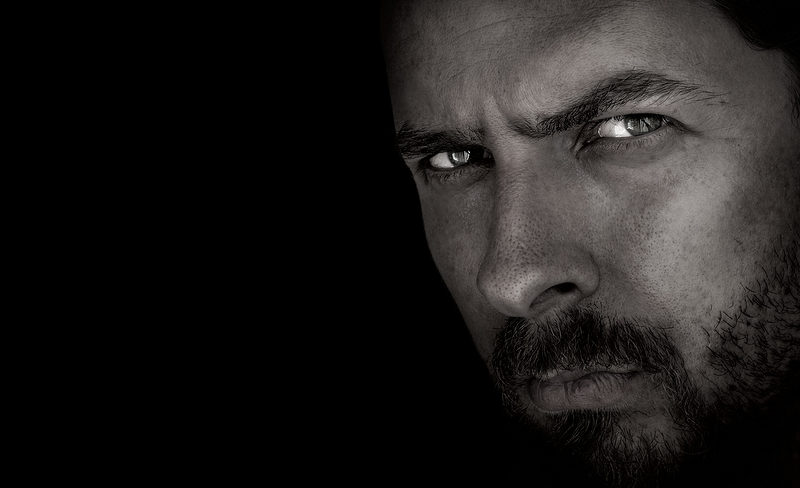I never set out to write a “bad boy” character. In real life, I was not interested in them. I had been taught at an early age to stay away from that kind of guy and diligently did so. They were trouble, and I didn’t want trouble.
So how did an assassin not only sneak into my book, but also become one of the focal characters? I’m still not sure.
As I wrote Rowen’s story, there was another character standing in the shadows. The first time I met Caleb Tala, he had just murdered a man. Really, Morgan? This was not the kind of book I had set out to write. But Caleb would not leave.
He intrigued me. A cold-hearted murderer, driven into this profession by his thirst for gold and women. He was ambitious, focused, and prided himself in always getting the job done.
But I came to realize Caleb had one fear, a fear no one else knew about because it lived deep inside him: he knew someday he would pay for the lives he took. It came to him at night, when his subconscious would speak to him. He dreamed of his victims killing him.
At first, he found ways to suppress those dreams. He filled his life with everything he desired. He used people, money, and power to distract himself. But when Caleb was shipped up north, the dreams came back tenfold. And this time he couldn’t hide from them.
When I realized Caleb’s fear, I knew I had to write him. How could I not explore this complex and dark man? I had to know what would happen to him next. And so Caleb stepped out of the shadows and entered my first book, Daughter of Light.
I am now writing Son of Truth, the second book in this series. It’s been fascinating to watch his story unfold more and his interactions with the other characters introduced in Daughter of Light. I never set out to write a bad boy character, but here he is. And Caleb is here to stay.
How about you? Do you enjoy books or write books with a “bad boy” character? How would you define a “bad boy”? And why do you think readers are enamored with this kind of character?



Dear Morgan,
I like what you say about how and why your “bad boy” originated. It makes sense. Every hero and every villain has to go through an outer and inner journey if there is to be drama worth reading. And if there is a hero or heroine, there has to be a villain of equal depth to counterbalance. (If often seems harder for many, even in Hollywood, to write heroes who are as complex as the villains without being antiheroes or villains themselves!)
I’ve heard many times – to my gratitude – that my own male hero is complex and profound despite his essential sweetness of nature. His nemesis has to be just as complex and profound, and so far, I think I’m succeeding in casting him so. It helps that through my study of personality type psychology, I know as I never knew before that there is really no such thing as either a “simple” normal psyche or a normal psyche without an inherent mixture of positive and negative poles. One is reminded of the homily put into the mouth of the Native American elder to his grandson: there is a white wolf and a black wolf inside everyone, and the wolf that will win is the wolf that one feeds.
In Proverbs the man is admonished to avoid the seductive “bad girl” too. But once in a while, it pays to portray such a villainness “as she is” without implying praise for what she is.
I think the bad boy persona intrigues me because I am strangely opposite of most of the world; instead of seeing the good guy “loosen up” and turn bad, I long to see that bad boy find goodness and be saved. Also, I think we all, on some level, relate to the darkness we see in those characters. So when they turn from that darkness – deny their evil nature to do good – it’s a victory, and gives hope in real life for ourselves and for those in our lives we pray for each and every day.